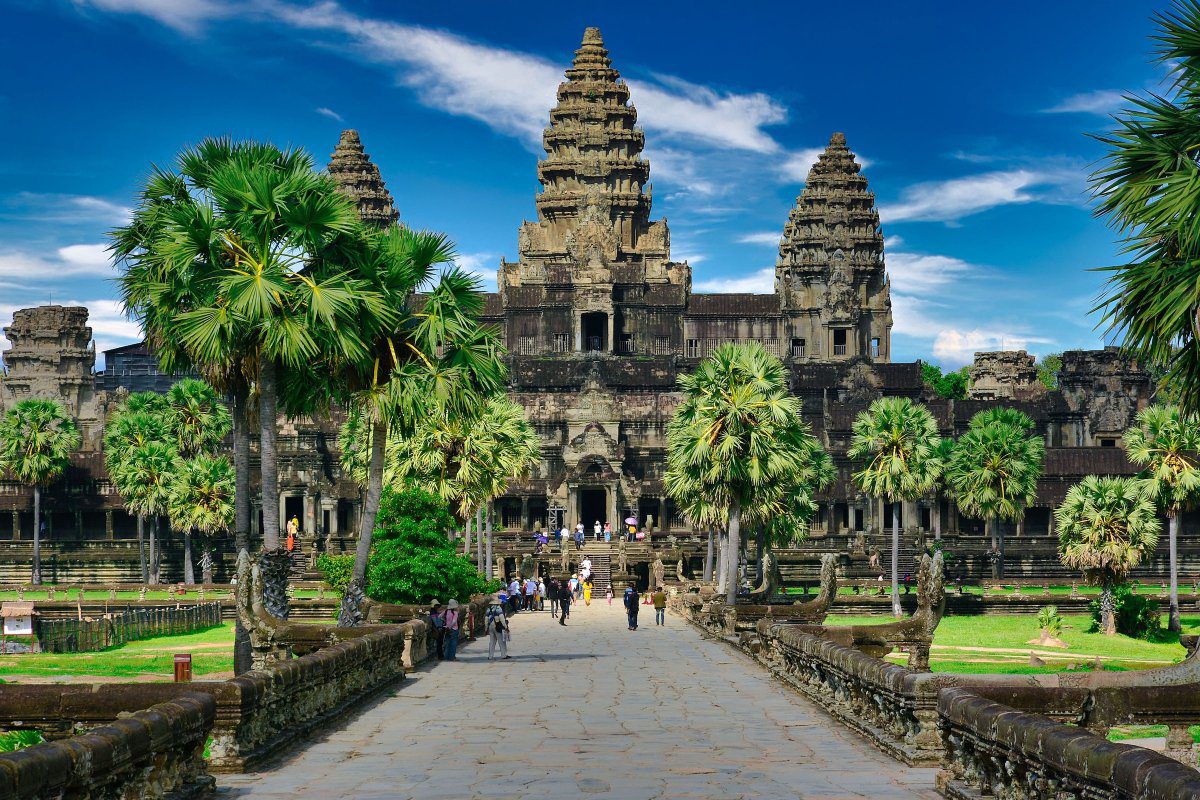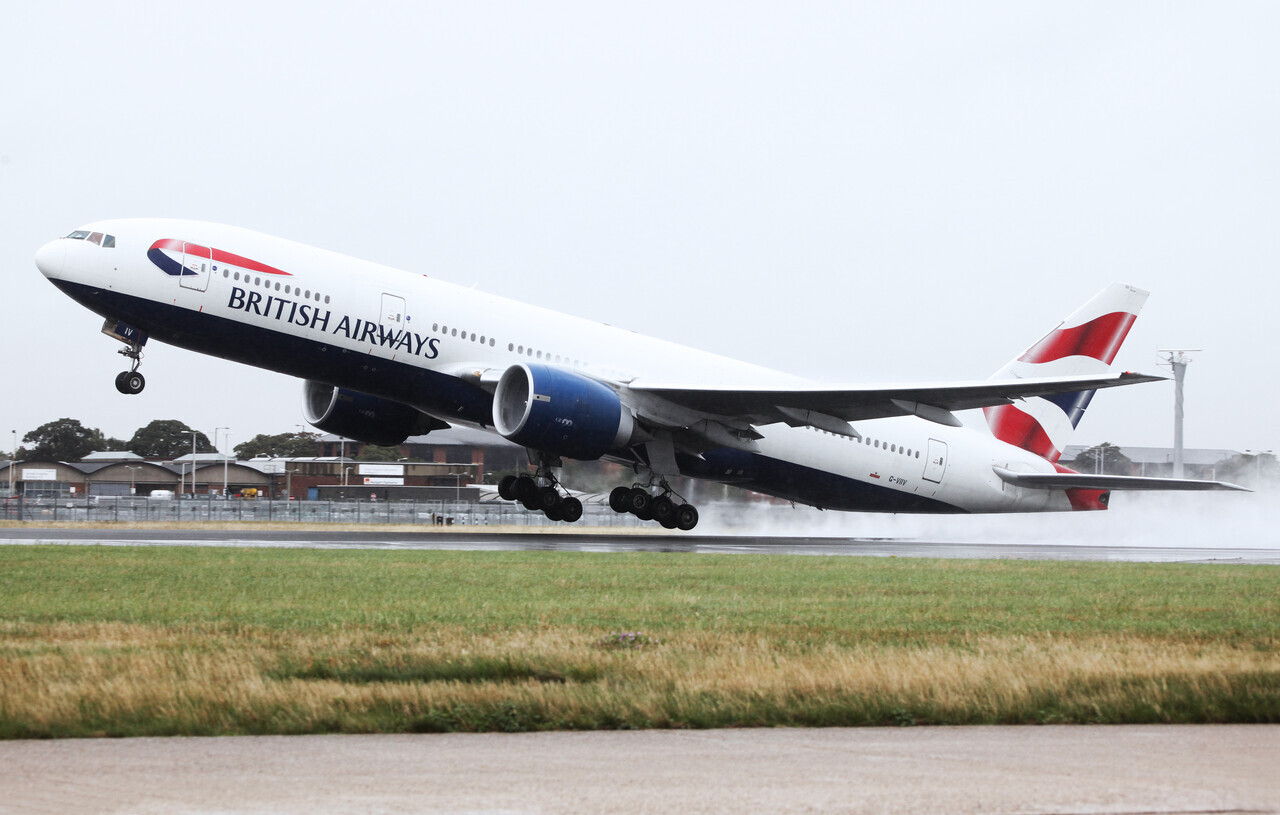Homeland Security Facial Passenger Scans For U.S. Airports May Go Nationwide
Skift Take
The U.S. Department of Homeland Security has processed travelers with facial recognition scans at many U.S. airports, part of pilot programs during the past year that the government now believes it's ready to roll out nationwide.
That's the view of Isabel Hill, director of the National Travel & Tourism Office, part of the U.S. Department of Commerce, who spoke at the World Travel & Tourism Council Global Summit in Buenos Aires, Argentina on Wednesday about the future of secure and seamless travel.
Various airlines and airports have trialed facial recognition in recent years, such as JetBlue and New York's JFK Airport, the latter part of one of Homeland Security's pilots. "We're very advanced in facial biometric entry and exit," said Hill.
Homeland Security developed the backend technology for the pilot programs. "We’re developing a process where you’ll go from reservation to destination without every showing a boarding pass," said Hill. "We're implementing this across a number of U.S. airports."
Hill said the pilots have processed 400 passengers in 22 minutes at some airports. "For the government, the most important part is that this enhances the security," said Hill. "We’re very excited about the possibility of transforming the travel experience."
Hill's rhetoric sounds more optimistic than members of the Trump administration, including President Donald Trump. But it's also in-line with the administration's desire to secure borders and collect more data from international travelers.
Despite concerns from privacy advocates that travelers' rights are in jeopardy, Hill and Homeland Security see a future where your face is a key biometric indicator. "In the United States, your face is your token. We don’t need further development of blockchain technology for this to happen."
The private sector also has to get on board if the U.S. government wants nationwide facial scans to become reality, said Hill. "We, the government, will end up layering this on to an existing system rather than creating a system with the private sector that works for both sides if the private sector doesn't get involved," she said.
"We need to ensure that as other systems are developed, that we will then very easily be able to tie them in in the near future," said Hill. "It comes to the question of the business case. For the United States, the question is financing and why would you not finance this? You get better utilization out of airplanes and airports."
Hill didn't clarify if or when a nationwide facial scan system will be adopted. During the past year, the U.S. travel industry has tried to convince the administration that security and international arrivals can go together, and it appears this is one of the administration's responses to those calls.




